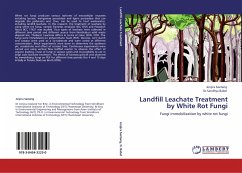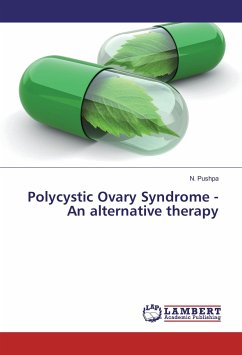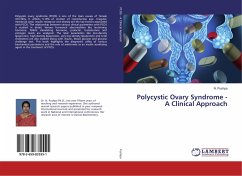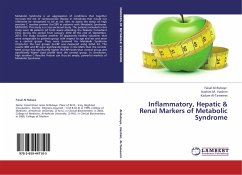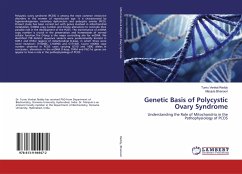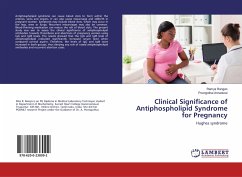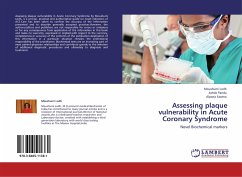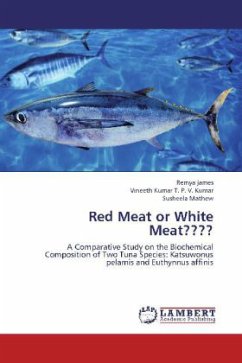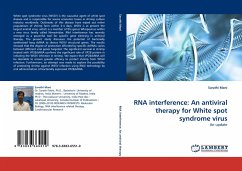
RNA interference: An antiviral therapy for White spot syndrome virus
An update
Versandkostenfrei!
Versandfertig in 6-10 Tagen
52,99 €
inkl. MwSt.

PAYBACK Punkte
26 °P sammeln!
White spot syndrome virus (WSSV) is the causative agent of white spot disease and is responsible for severe economic losses in shrimp culture industry worldwide. Outbreaks of this disease have wiped out entire populations of shrimp farm within 3-4 days. WSSV is at present the largest animal virus, which is a member of the genus Whispovirus within a new virus family called Nimaviridae. RNA interference has recently emerged as a powerful tool for specific gene silencing in antiviral therapy. The present study discusses the potential of bacterially synthesized long dsRNA to silence WSSV structura...
White spot syndrome virus (WSSV) is the causative agent of white spot disease and is responsible for severe economic losses in shrimp culture industry worldwide. Outbreaks of this disease have wiped out entire populations of shrimp farm within 3-4 days. WSSV is at present the largest animal virus, which is a member of the genus Whispovirus within a new virus family called Nimaviridae. RNA interference has recently emerged as a powerful tool for specific gene silencing in antiviral therapy. The present study discusses the potential of bacterially synthesized long dsRNA to silence WSSV structural genes. The results showed that the degree of protection afforded by specific dsRNAs varies between different viral genes targeted. The significant survival in shrimp treated with VP28dsRNA confirms the significant role of VP28 protein in initiating the WSSV infection in shrimp. We expect that VP28dsRNA will be desirable to ensure greater efficacy to protect shrimp from WSSV infection. Furthermore, an attempt was made to explore the possibility of protecting shrimp against WSSV infection using RNAi technology by oral administration of bacterially expressed VP28dsRNA.



